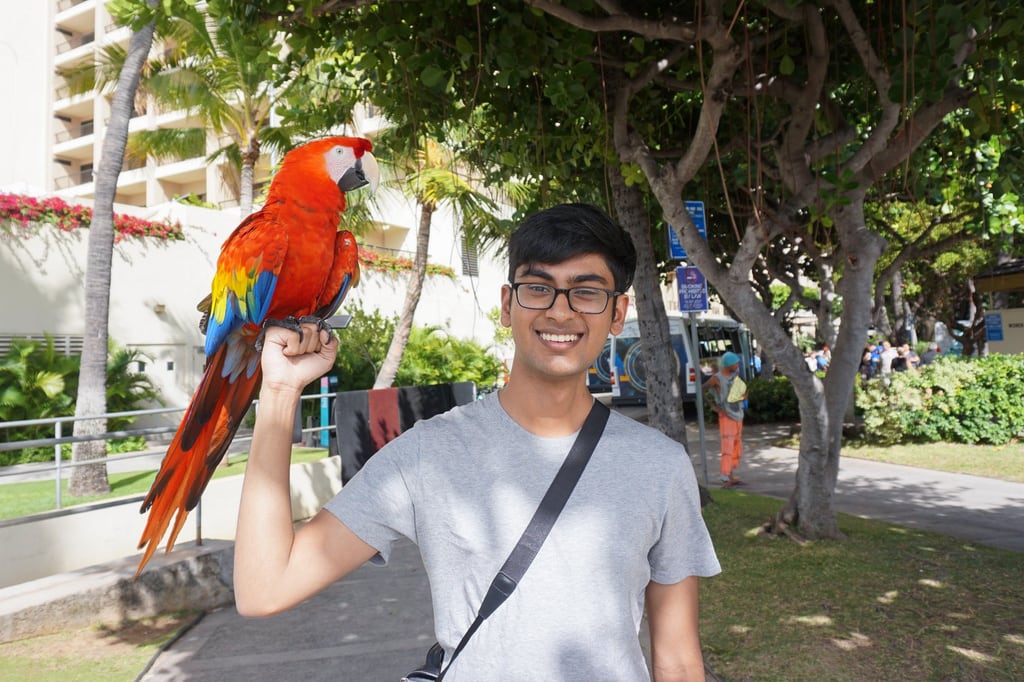According to his parents and San Francisco officials, Suchir Balaji, a former OpenAI programmer and whistleblower who assisted in training the AI systems that powered ChatGPT and later stated that he thought those actions violated copyright law, has passed away. He was twenty-six.
Balaji left OpenAI in August after almost four years of employment. Coworkers at the San Francisco-based firm held him in high respect, and last week, one of the company’s co-founders referred to him as one of OpenAI’s most important contributors who played a crucial role in the creation of some of its products.
According to an OpenAI statement, “We are heartbroken to hear this deeply sad news and our thoughts and prayers are with Suchir’s loved ones during this trying time.”
On November 26, Balaji was discovered dead in his San Francisco apartment in what authorities said was a suicide. The original investigation turned up no proof of foul play. Suicide was confirmed as the cause of death by the city’s chief medical examiner’s office.
According to his parents, Poornima Ramarao and Balaji Ramamurthy, they are still looking for answers. They described their son as a cheerful, intelligent, and courageous young man who enjoyed hiking and just got back from a trip with friends.
Originally from the San Francisco Bay Area, Balaji joined the nascent AI research lab for a summer internship in 2018 while he was a University of California, Berkeley computer science student. A few years later, he went back to work at OpenAI, where one of his initial initiatives, WebGPT, paved the ground for ChatGPT.
In a social media post honoring Balaji, OpenAI co-founder John Schulman stated that Suchir’s efforts were crucial to the project’s success and that it wouldn’t have been possible without him. Balaji’s attention to detail and ability to spot minute flaws or logical problems, according to Schulman, who hired him for his team, are what made him such a remarkable engineer and scientist.
According to Schulman, he had a talent for coming up with elegant code that functioned and for identifying straightforward solutions. He would carefully and rigorously consider every aspect.
Later, Balaji focused on managing the massive collections of web texts and other information that were used to train GPT-4, OpenAI’s flagship big language model of the fourth generation and the foundation for its well-known chatbot. Later, after newspapers, writers, and others started suing OpenAI and other AI companies for copyright infringement, Balaji began to doubt the technology he had helped create.
He initially voiced his worries to The New York Times, which covered them in a profile on Balaji published in October.
Later, he told The Associated Press that he would attempt to testify in the most significant copyright infringement cases and that he thought The New York Times’ lawsuit from last year was the most serious. Times lawyers named him in a Nov. 18 court filing as someone who might have unique and relevant documents supporting allegations of OpenAI s willful copyright infringement.
According to a court document, attorneys also sought his information in a different dispute filed by book authors, including comic Sarah Silverman.
In late October, Balaji told the AP, “It doesn’t feel right to be training on people’s data and then competing with them in the marketplace.” You shouldn’t be allowed to do that, in my opinion. You can’t do it legally, in my opinion.
He told the AP that he gradually grew more disillusioned with OpenAI, especially after the internal turmoil that led its board of directors to fire and then rehire CEO Sam Altman last year. Balaji expressed general concerns about the way its commercial goods were being implemented, citing their tendency to spread misleading information, even hallucinations.
But of the bag of issues he was concerned about, he said he was focusing on copyright as the one it was actually possible to do something about.
He acknowledged that it was an unpopular opinion within the AI research community, which is accustomed to pulling data from the internet, but said they will have to change and it s a matter of time.
He had not been deposed and it s unclear to what extent his revelations will be admitted as evidence in any legal cases after his death. He also published a personal blog post with his opinions about the topic.
Schulman, who resigned from OpenAI in August, said he and Balaji coincidentally left on the same day and celebrated with fellow colleagues that night with dinner and drinks at a San Francisco bar. Another of Balaji s mentors, co-founder and chief scientist Ilya Sutskever, had left OpenAI several months earlier, which Balaji saw as another impetus to leave.
Schulman said Balaji had told him earlier this year of his plans to leave OpenAI and that Balaji didn t think that better-than-human AI known as artificial general intelligence was right around the corner, like the rest of the company seemed to believe. The younger engineer expressed interest in getting a doctorate and exploring some more off-the-beaten path ideas about how to build intelligence, Schulman said.
Balaji s family said a memorial is being planned for later this month at the India Community Center in Milpitas, California, not far from his hometown of Cupertino.
—
The Associated Press and OpenAI have a licensing and technology agreement allowing OpenAI access to part of the AP s text archives.
Note: Every piece of content is rigorously reviewed by our team of experienced writers and editors to ensure its accuracy. Our writers use credible sources and adhere to strict fact-checking protocols to verify all claims and data before publication. If an error is identified, we promptly correct it and strive for transparency in all updates, feel free to reach out to us via email. We appreciate your trust and support!

